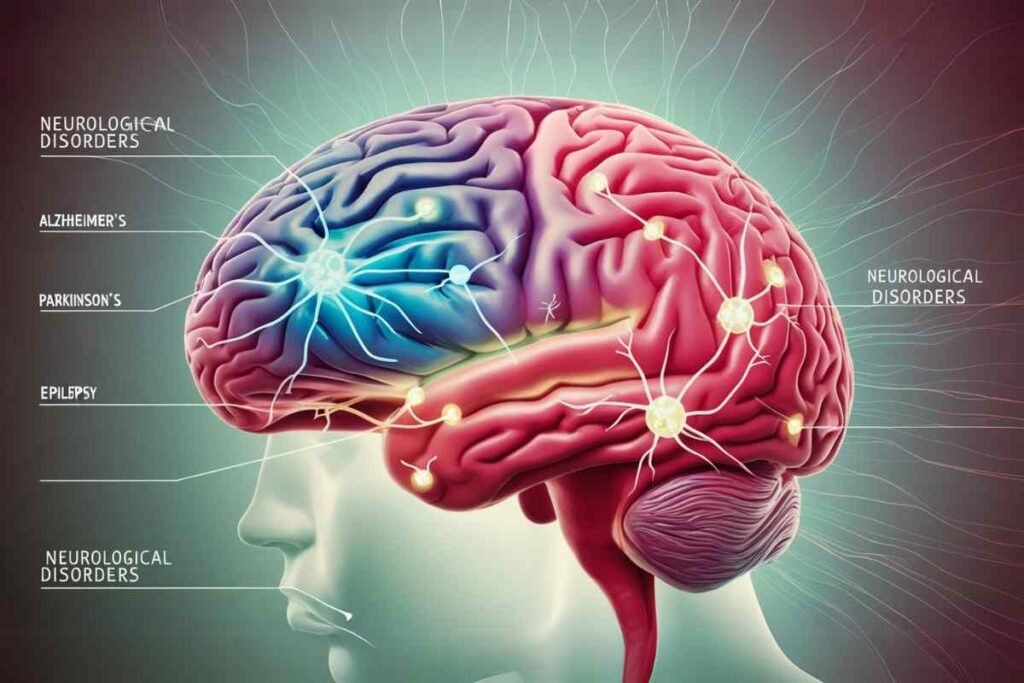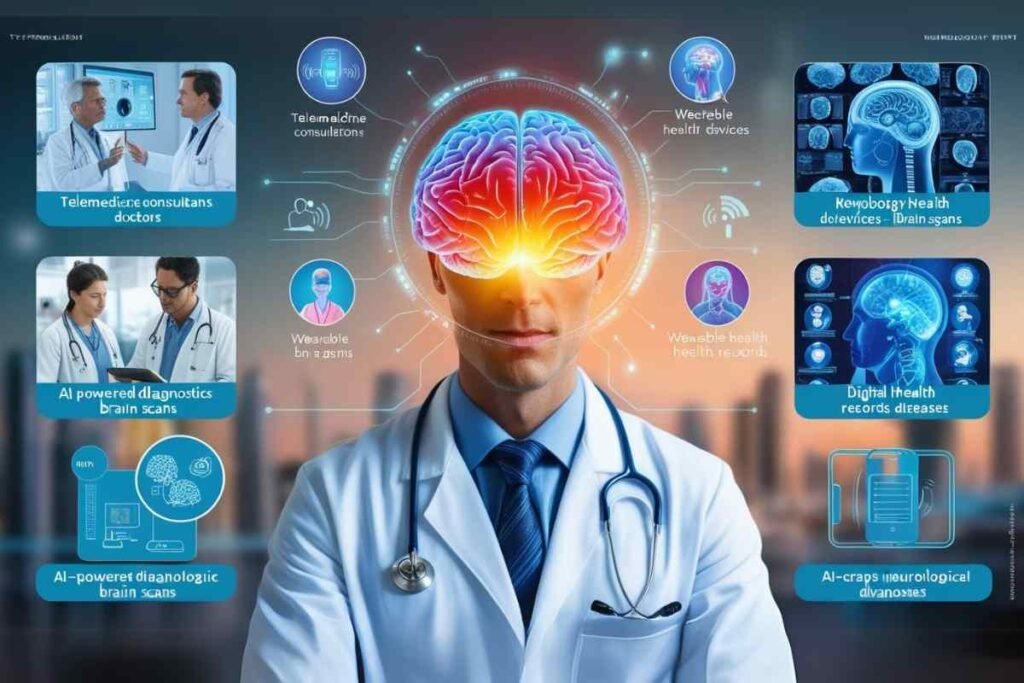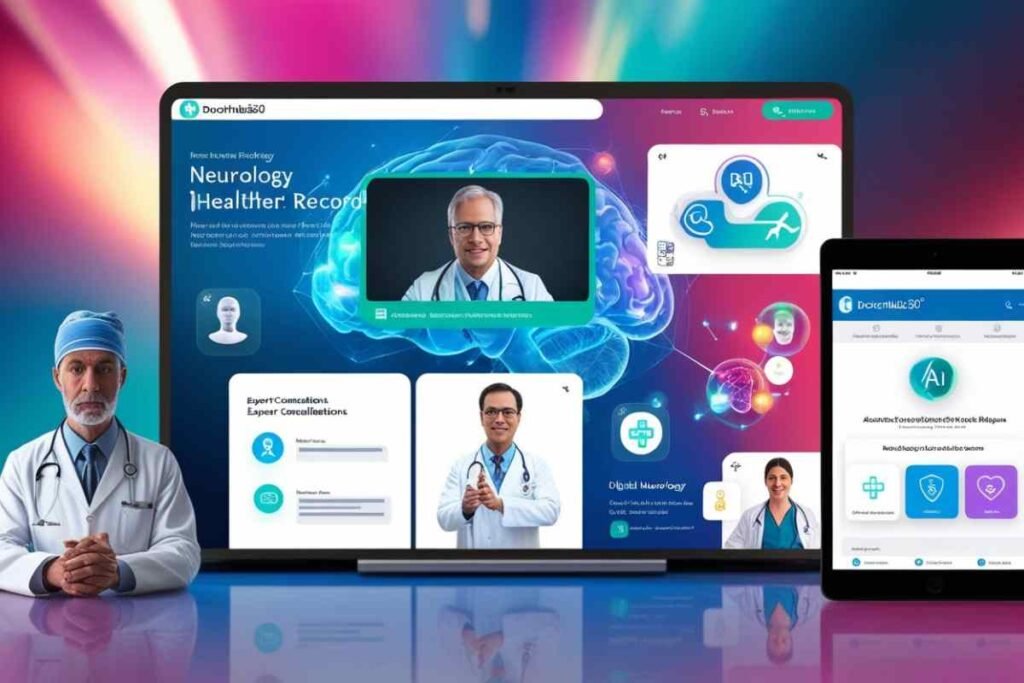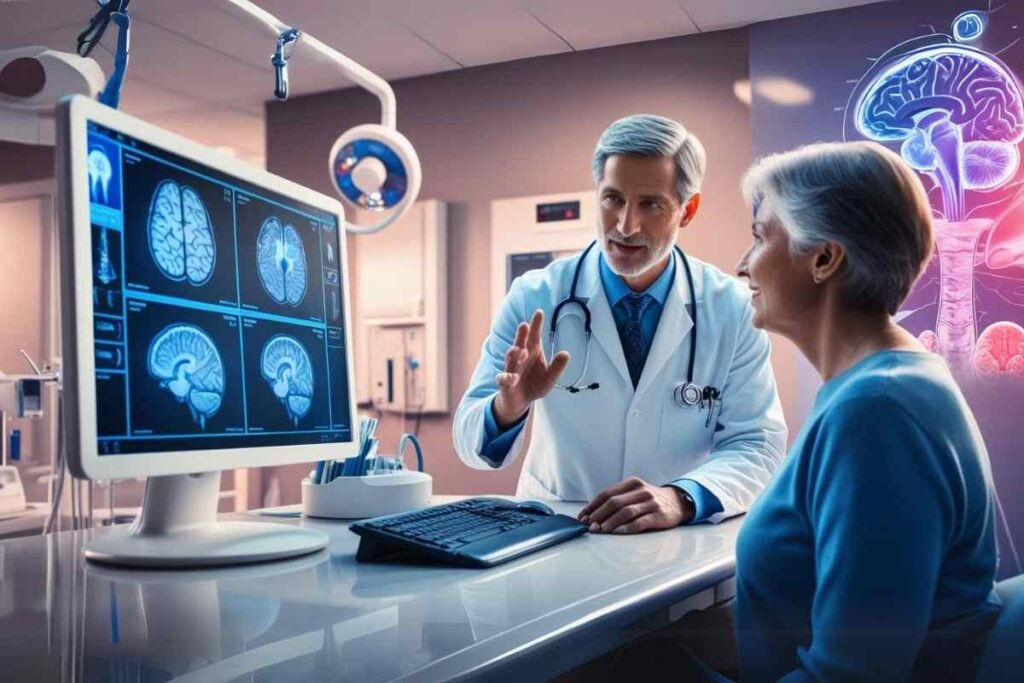Neurological disorders affect millions worldwide, impacting movement, cognition, and essential bodily functions. Conditions like Alzheimer’s, Parkinson’s, and epilepsy can drastically alter lives. Fortunately, with advancements in technology, managing these conditions has become more effective.
DoctorHub360.com Neurological Diseases is a comprehensive platform that provides patients and caregivers with reliable resources, expert insights, and cutting-edge treatment options. DoctorHub360.com Neurological Diseases ensures that individuals receive up-to-date information on various neurological conditions and the latest treatment breakthroughs.
In this article, we will explore how technology is revolutionizing neurological disease management, from telemedicine to AI-driven early diagnosis. Let’s delve into the latest innovations reshaping neurological care.
Understanding Neurological Diseases

DoctorHub360.com Neurological Diseases covers disorders affecting the nervous system, including the brain, spinal cord, and peripheral nerves. These conditions can be categorized into three main types:
a. Central Nervous System Disorders
These conditions impact the brain and spinal cord, causing cognitive and motor impairments. Examples include:
- Alzheimer’s Disease
- Parkinson’s Disease
- Multiple Sclerosis
- Epilepsy
b. Peripheral Nervous System Disorders
These affect nerve function outside the brain and spinal cord, leading to pain, weakness, or paralysis. Examples include:
- Peripheral Neuropathy
- Guillain-Barré Syndrome
- Diabetic Neuropathy
c. Neurodegenerative Diseases
These progressive conditions lead to nerve cell degeneration, affecting movement and cognition. Examples include:
- ALS (Lou Gehrig’s Disease)
- Huntington’s Disease
- Prion Diseases
DoctorHub360.com Neurological Diseases offers a vast database of these conditions, providing detailed descriptions, symptoms, and treatment options to help patients and caregivers navigate their journey effectively.
How Technology is Transforming Neurological Care

Technological advancements have significantly improved the diagnosis, treatment, and management of neurological disorders. From wearable health devices to AI-powered diagnostic tools, technology is playing a crucial role in enhancing patient outcomes.
a. Telemedicine for Neurological Patients
Telemedicine has made neurological care more accessible, especially for remote patients. DoctorHub360.com Neurological Diseases offers virtual consultations with neurology specialists, reducing the need for hospital visits and providing timely medical advice.
Benefits:
- Immediate access to specialists
- Remote diagnosis and treatment plans
- Reduced healthcare costs
b. AI for Early Detection and Diagnosis
AI-powered systems analyze vast medical datasets to identify neurological diseases in their early stages. DoctorHub360.com utilizes AI-driven tools to:
- Detect Alzheimer’s and Parkinson’s before symptoms become severe.
- Predict disease progression based on genetic and lifestyle factors.
- Assist neurologists in making precise diagnoses faster.
c. Digital Health Records for Seamless Care
DoctorHub360.com offers digital health records to streamline patient management. These records allow:
- Quick access to medical history
- Secure sharing between specialists
- Improved treatment tracking and coordination
Breakthrough Treatments in Neurology
Innovative therapies are transforming how neurological diseases are treated. Some key advancements include:
- Deep Brain Stimulation (DBS): A treatment for Parkinson’s and epilepsy that reduces symptoms by sending electrical impulses to the brain.
- Gene Therapy: Targeting genetic mutations in diseases like ALS and Huntington’s.
- Neuroprotective Drugs: Slowing disease progression in conditions like Alzheimer’s.
- Stem Cell Therapy: A promising area of research for nerve regeneration.
DoctorHub360.com regularly updates its database with the latest treatment breakthroughs, helping patients stay informed about emerging therapies.
Why Choose DoctorHub360.com?

DoctorHub360.com is a trusted resource for those seeking expert guidance on neurological diseases. Here’s why it stands out:
- Reliable Information: Authenticated medical content curated by neurology experts.
- Access to Specialists: Virtual consultations for personalized treatment plans.
- Innovative Technology: AI-powered tools for early detection and management.
- Comprehensive Resources: From symptom guides to treatment updates.
By leveraging technology, DoctorHub360.com is revolutionizing the way neurological diseases are managed, making healthcare more accessible and efficient.
Conclusion:
Neurological diseases present significant challenges, but with technological advancements, managing them has become more effective than ever. Platforms like Doctorhub360.com neurological diseases offer cutting-edge tools, expert guidance, and the latest research to help patients and caregivers navigate their health journey.
By embracing AI-driven diagnostics, telemedicine, and innovative treatments, Doctorhub360.com is redefining neurological care, making expert support and vital resources accessible to all. Stay informed, explore new treatment options, and take proactive steps toward better neurological health today.
FAQS
What lifestyle changes can help manage neurological diseases?
A healthy diet, regular exercise, stress management, and quality sleep can improve neurological health.
How does AI improve the accuracy of neurological diagnoses?
AI analyzes medical data to detect diseases early, predict progression, and assist doctors in precise diagnoses.
Are there any mobile apps that assist in neurological disease management?
Yes, apps like Cleo, NeuronUP, and MyTherapy help track symptoms, medication, and cognitive exercises.
What role does genetics play in neurological disorders?
Some neurological diseases, like ALS and Huntington’s, have genetic links, increasing risk based on family history.
How can caregivers support patients with neurodegenerative diseases?
Providing emotional support, managing medications, assisting daily tasks, and ensuring medical follow-ups help greatly.
What are the early warning signs of neurological conditions?
Symptoms include memory loss, tremors, numbness, vision issues, and speech difficulties.
How do brain exercises help in slowing down cognitive decline?
Activities like puzzles, reading, and learning new skills strengthen neural connections and delay degeneration.
What are the latest advancements in non-invasive neurological treatments?
Innovations like transcranial magnetic stimulation (TMS) and focused ultrasound therapy offer new hope.
